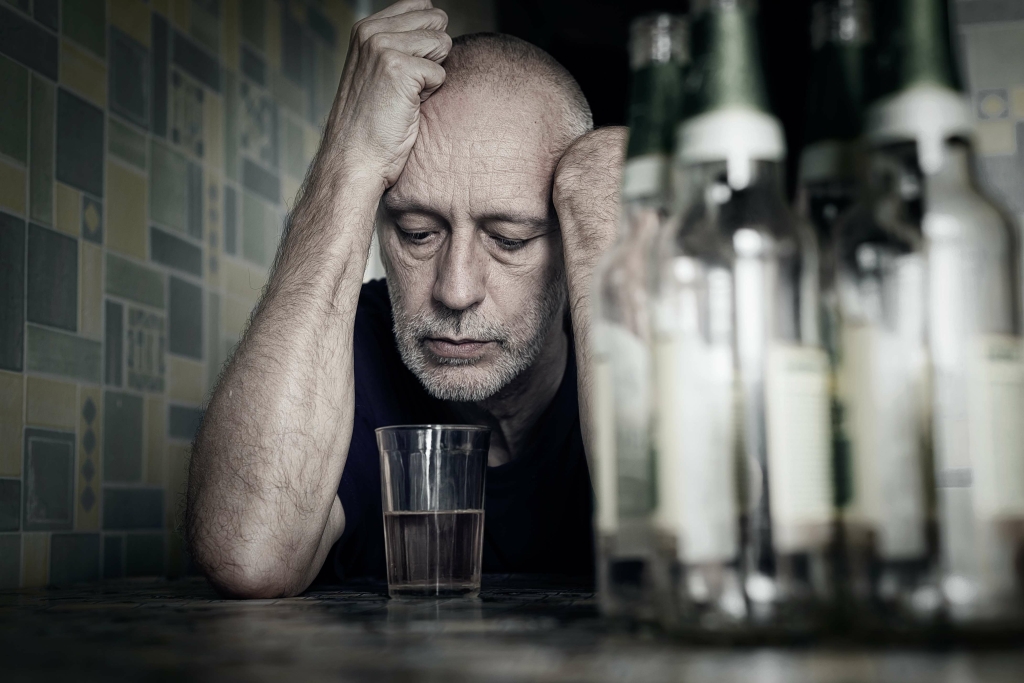10 Dec Why Does Alcohol Cause Anxiety?
Content
Substance abuse is a growing concern in modern society, and unfortunately, it often leads to many adverse mental and physical health consequences. One of the most profound effects of substance abuse is its impact on mental health, particularly the link between substance abuse and panic attacks. And as with the symptoms of anxiety, one too many cups of joe may leave you feeling nervous and moody, and can keep you up at night. What’s more, many people use alcohol as a way to self-medicate mental health conditions, like social anxiety, generalized anxiety disorder, post-traumatic stress disorder (PTSD), and depression. Although they’re not physically harmful, they can take a toll on your mental health and stop you from doing the things you love. Don’t be embarrassed to tell your healthcare provider that you have panic attacks.
Clinicians should be vigilant to psychiatric comorbidities in the patients who have alcohol use problems, especially in the abstinence period. The 12-Step model offers accountability, support, and encouragement to those who sincerely want to beat their addiction. Twelve-step programs are mutual assistance groups to help people recover Top 5 Questions to Ask Yourself When Choosing Sober House from compulsions, behavioral addictions, and drug abuse. Additionally, if you have anxiety with suicidal thoughts, seek emergency medical treatment immediately or call 988. According to the Mayo Clinic, you can have more than one anxiety disorder. Panic attacks often begin during adolescence, although they may start during childhood.
Is it OK to drink alcohol if you have anxiety?
Mr. A, a 25-year-old barber, came to the psychiatry clinic with complaints consistent with a possible diagnosis of panic disorder according to the DSM-IV-TR criteria. Mr. A had had his first panic attack approximately 5 months earlier, 1 month after an abrupt cessation of an alcohol abuse period lasting 7 years. He had had almost no withdrawal symptoms except a feeling of dizziness that continued for 1 week. It is important to note that substance abuse can also lead to other mental health disorders, such as depression, anxiety, and post-traumatic stress disorder (PTSD). These disorders can also trigger panic attacks, making it even more challenging for individuals to manage their symptoms.

Shortness of breath, sweating, elevated heart rate, and dizziness are all signs that you are in a state of dysregulation. With frequent exposure your brain will lower your natural GABA levels in an attempt to maintain balance. GABA neurotransmitters are the primary inhibitors in your central nervous system. This is because alcohol blocks the transmission of signals between neurons in the brain, which can lead to impaired cognitive function. There are some daily changes you can make to reduce your anxiety. The National Association of Addiction Treatment Providers is a nonprofit professional society designed to offer support to organizations across the continuum of care.
Drink clear liquids.
Maintaining their mental health is critical throughout the detox process. Alcohol withdrawal panic attacks can create many other issues for the individual attempting to get sober on their own. Supervised detox can ensure that the person’s mental and physical health are watched closely, for their safety and well-being. These panic indicators usually reach their highest level of intensity within a few minutes, then begin to fade away. Some people experience limited-symptom panic attacks, which produce fewer than four indicators of emotional and physical distress.
If you have a co-occurring mental health condition, you are more likely to experience frequent and intense panic attacks. Alcohol dependence is prevalent among people with a variety of anxiety disorders, especially women with social anxiety disorder. For some people, a panic attack is a solitary or isolated event. However, others experience repeated bouts of unexpected, intense panic. When doctors note the occurrence of these repeated episodes, they diagnose the presence of panic disorder. In addition to experiencing the symptoms of a panic attack, people with this disorder may dread the uncertainty of not knowing when the next bout of symptoms will begin.
What Is Anxiety? Symptoms, Causes, Diagnosis, Treatment, and Prevention
It does this by suppressing neuron signaling related to feelings like fear and stress. This can temporarily reduce anxiety because it may make you feel calmer and more relaxed. During the height of my drinking days, I used to wake up to a racing heart and the most intense feelings of dread.
- As alcohol and anxiety are closely linked, research has also found that individuals who seek treatment for panic-related problems often meet the diagnostic criteria for alcohol use disorder.
- Panic attacks often begin during adolescence, although they may start during childhood.
- Over time, consuming too much alcohol can lead to blackouts, loss of memory, and even brain damage (especially if it causes other health problems, such as liver damage).
- Alcohol has a profound effect on the brain, which could explain these results.



No Comments